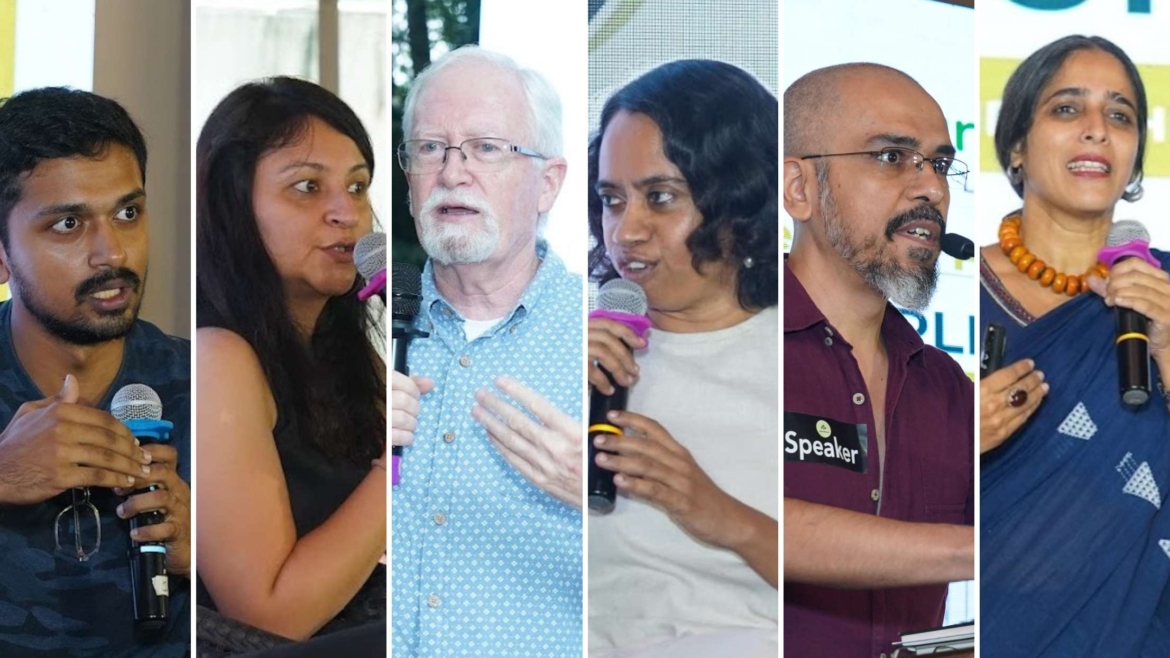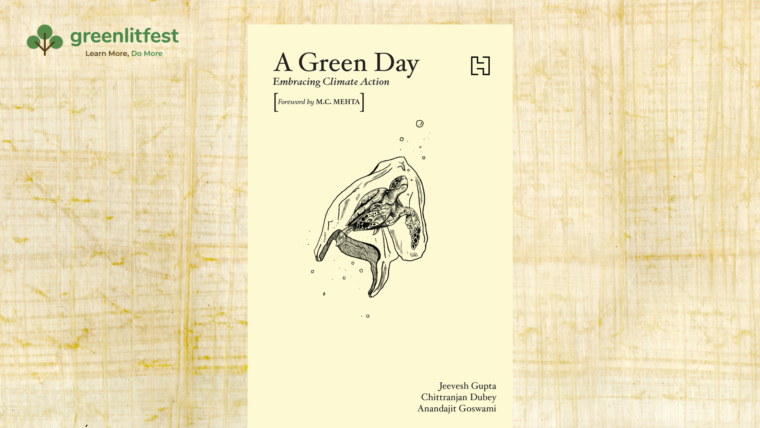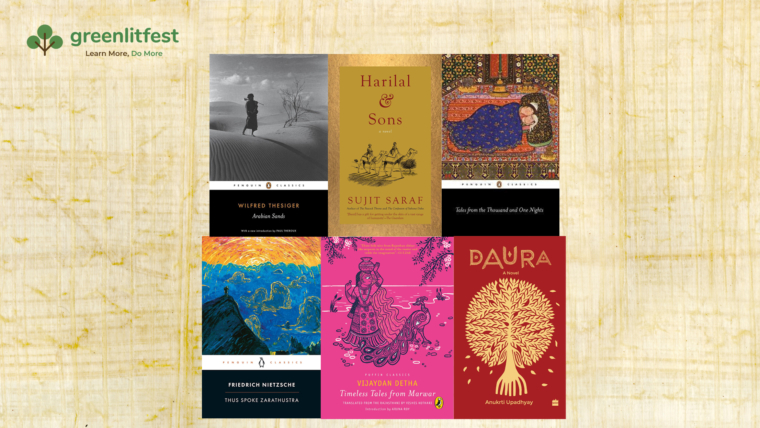by Monisha Raman
Stephen Alter, Author
On the Himalayas – Home, Muse and Transformation
“As much as the mountains are my home, it is a place that I have endless curiosity about. It is a familiar landscape and at the same time, an unknown one. For me, exploring the unfamiliar through my writing is a rewarding endeavour.
Himalayas encompassing the mountains, snow peaks, valleys and rivers, including my hometown Mussoorie are changing rapidly. I am in a sense of despair when I think of the unregulated changes that are imposed on the land, but then I remind myself that everything transforms at a certain point and we should harness, manage and benefit from it however we can. I think the local communities of the land need to be at the forefront of this transition.”

Amruta Patil, Author and Artist
On the Role of Mythology in the Anthropocene
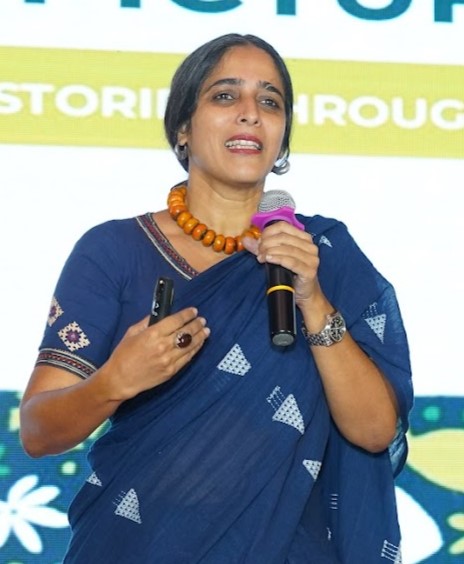
“For me, mythology is a form of psychology. In the hands of a good storyteller or teacher, it is a reminder of how things could be if you chose that path. I see it as a realm of dealing with the human preoccupations. I perceive my job as to be alert to what the needs of the time are and to keep a record with some sort of conscious thinking about what is happening now so that it becomes timeless.”
On Ecofeminism
“A woman is not someone who is outside of nature trying to develop an equation with it; she is someone on the inside who has forgotten she is a part of it. Through my work, I try to wipe out the false dichotomy of us and the environment and remind people that they are already within nature.”
Yuvan Aves, Author and Activist
On Moving Beyond the Text to Understand Nature
“Reading is important, but beyond that, interactions with local people and getting acquainted with the ecosystem you are a part of are essential. One must develop a strong sense of home, a kind of intimate relationship with the environment. It can be cultivated by repeatedly visiting an ecosystem and understanding it in an embodied sense. When that bond is established, you will have the impulse to stand up for the environment when there is a dire need.”
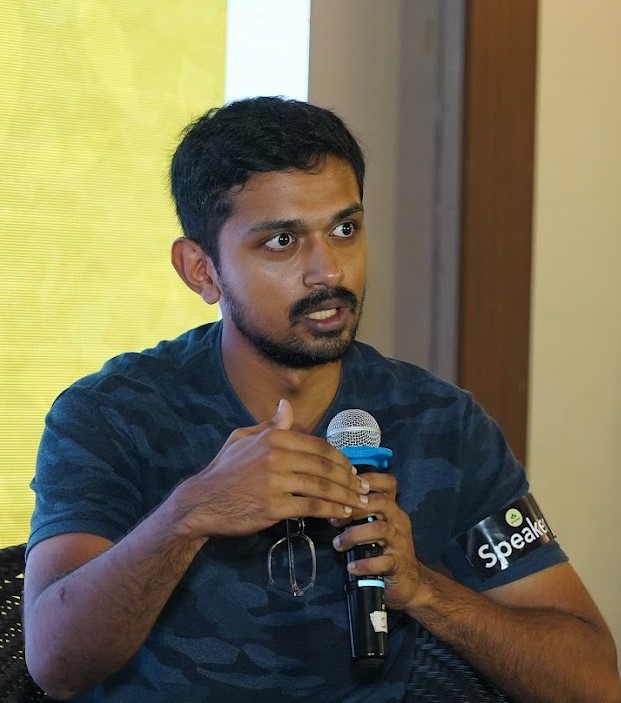
On Environmental Policymaking the World Needs
“Our sense of identity changes as we grow up. During our formative years it is important to build a connection with all forms of life. This bond is alive, but it remains buried, and it is necessary for our psychological, cognitive, social and spiritual health. Imagine the societies that are created when you establish a certain kind of kinship and love towards the natural world. What if that kind of immersive upbringing is a deep cultural practice? Now imagine an empathetic and considerate individual emerging from such a society making policy decisions.”
Sejal Mehta, Author
On Writing on the Environment
“For people looking to write anything related to the environment, it is necessary to look at your subject through an inclusive lens. Several species inhabit any given landscape, and we are a part of those shared spaces. Looking at an ecosystem through the angle of coexistence is essential.
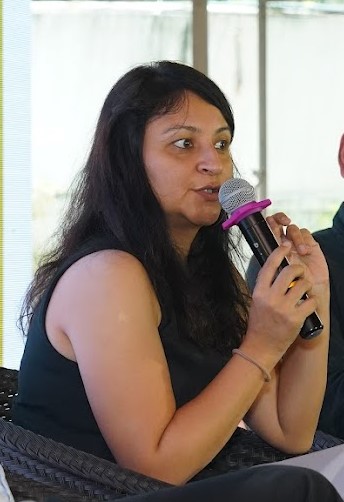
It is difficult to see the world from a non-human perspective. Learning from people who engage closely with different species and landscapes is essential. Understanding the intellect of other species through our human eyes is restricting in many ways and the shortcomings you face are inevitable. When writing or speaking about the natural world, one ought to remember that science forms the foundation. Stories can be formed around a place or ecosystem through any lens, but science must give you that leeway.”
Devashish Makhija, Author and Filmmaker
On Subaltern Representation in the Mainstream
“I wish for a world where the non-indigenous would empower the indigenous to tell their own stories and I want native voices in the mainstream narrating their tales. If the undiluted tribal perspective is not recognised, we will never truly understand our ecosystems and what they are worth. I don’t know how to initiate that change; I only know that it is a long-term fight.”
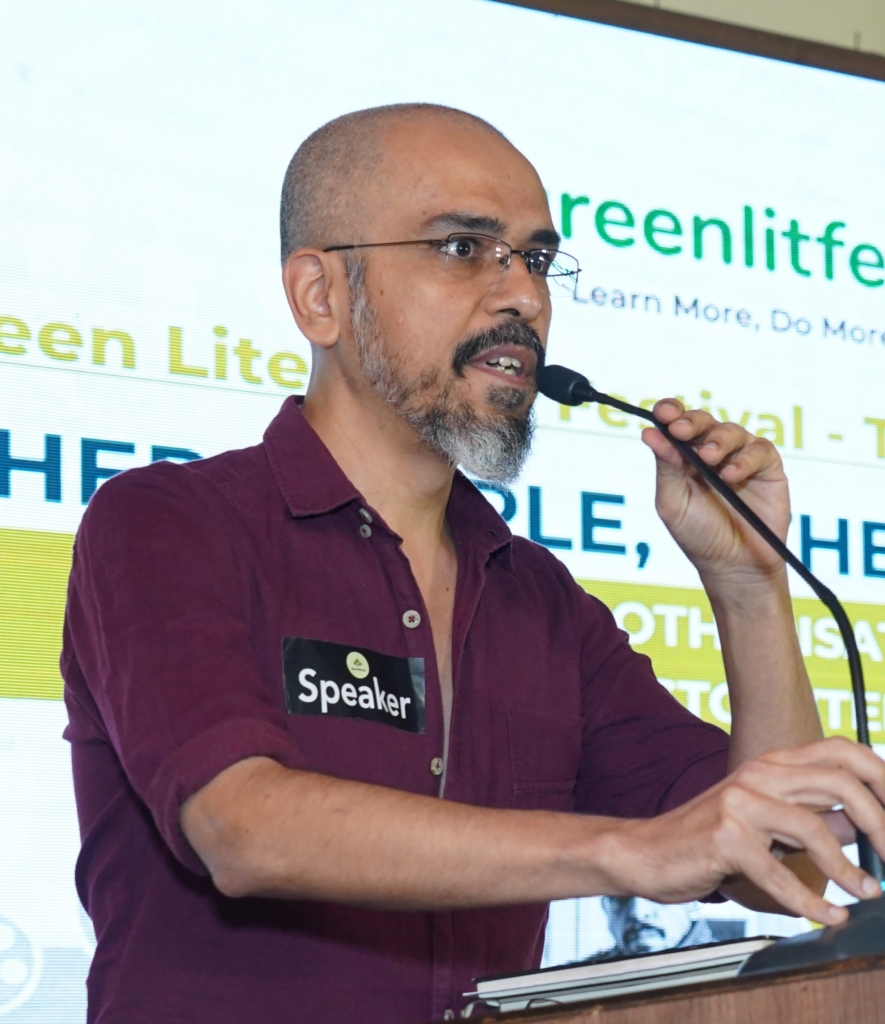
R Sivapriya, Publisher
On Subaltern Representation in the Mainstream
“After hundreds of years of colonisation, it is only now that a reader comes across native American representation in literature and films. In publishing, it is a bit of a serpent eating its tail scenario.
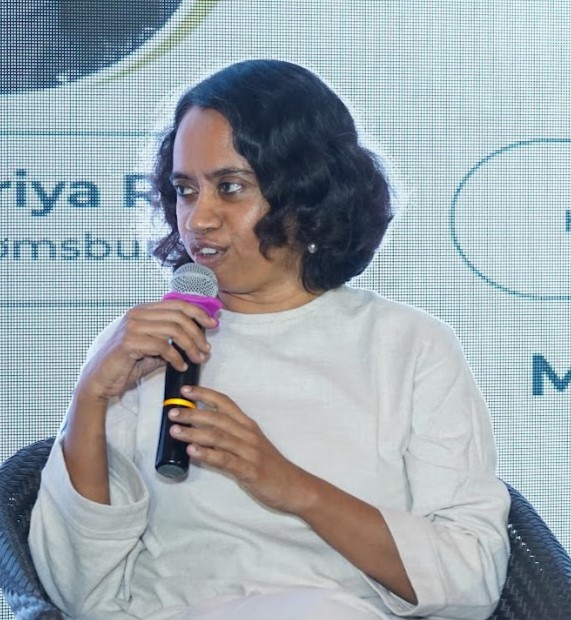
Unless the stories from repressed communities are published, no one will read them, but you don’t know if those stories are going to interest a reader. In the end, what matters the most is if the story being told is a worthy one. Stories are not exclusive to one community or the other. If you look at indigenous stories, they are at the root of all the stories we tell. In my opinion, if commissioning editors come across these stories, they can make them as appealing as possible without interfering with the integrity. It is difficult, but it has to be done.”
Monisha Raman’s essays and short stories have been published by various magazines in India and internationally. Her work was a part of the anthology Narratives in Domestic Violence published by the International Human Rights Arts Festival

